Reading is more than just a hobby; it’s a journey into different worlds, a chance to experience lives and emotions beyond our own. As a lifelong book lover, I’ve found certain books that stick with me long after I’ve turned the last page. These aren’t just stories—they’re life lessons, packed with themes that resonate across generations. If you’re between 18 and 55, these 20 must-read books with timeless themes will not only entertain you but also change your perspective on life.
Classic Works That Shaped Literature
1. To Kill a Mockingbird by Harper Lee
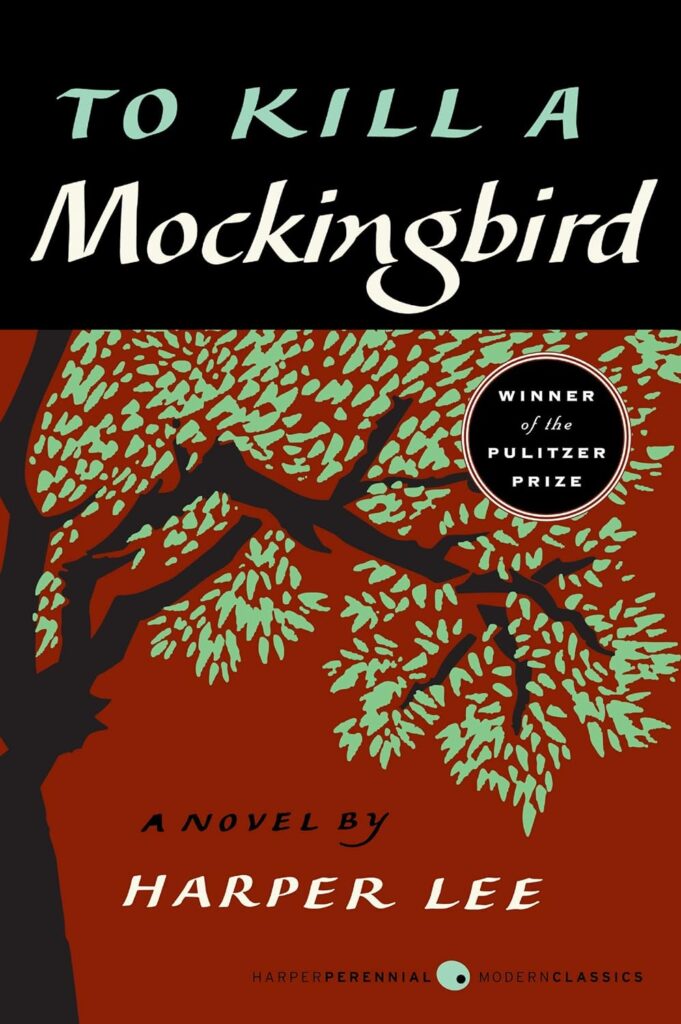
Themes: Racism, morality, and justice
Impact: This book taught me about the harsh realities of prejudice and the importance of standing up for what’s right, even when it’s difficult.
“To Kill a Mockingbird” is set in the racially segregated American South and follows the story of young Scout Finch and her brother Jem. Through the eyes of these children, we see the injustices of racism as their father, Atticus Finch, defends a black man wrongly accused of raping a white woman. This book is a powerful reminder of the moral imperative to fight against injustice and has remained relevant in discussions about race and equality.
2. 1984 by George Orwell
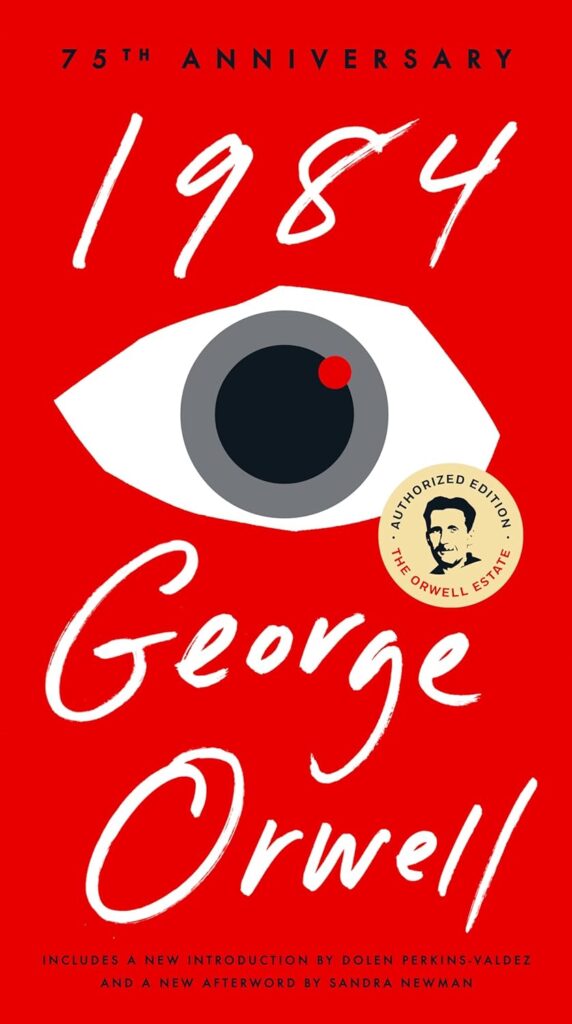
Themes: Totalitarianism, surveillance, and individual freedom
Impact: Orwell’s dystopian world made me appreciate the freedoms we often take for granted and wary of the power of unchecked authority.
“1984” is a chilling look at a future where Big Brother is always watching. The story follows Winston Smith, who dares to question the Party’s oppressive regime. This novel’s themes of surveillance and control are more relevant today than ever, reminding us of the value of our privacy and the dangers of losing our individual freedoms.
3. Pride and Prejudice by Jane Austen
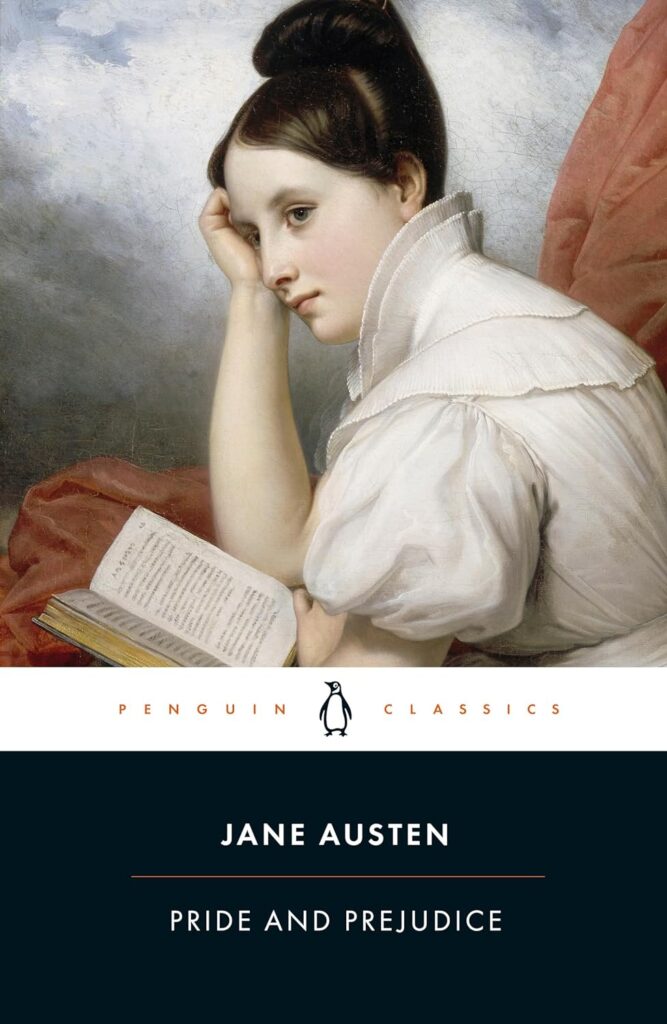
Themes: Love, class, and social expectations
Impact: Austen’s sharp wit and keen social observations made me rethink the roles of love and class in my own life.
“Pride and Prejudice” is more than just a love story; it’s a brilliant critique of social class and marriage. Elizabeth Bennet’s journey to overcome her prejudices against the wealthy Mr. Darcy is both heartwarming and thought-provoking. Austen’s commentary on societal expectations and the complexities of human relationships is timeless.
4. The Great Gatsby by F. Scott Fitzgerald
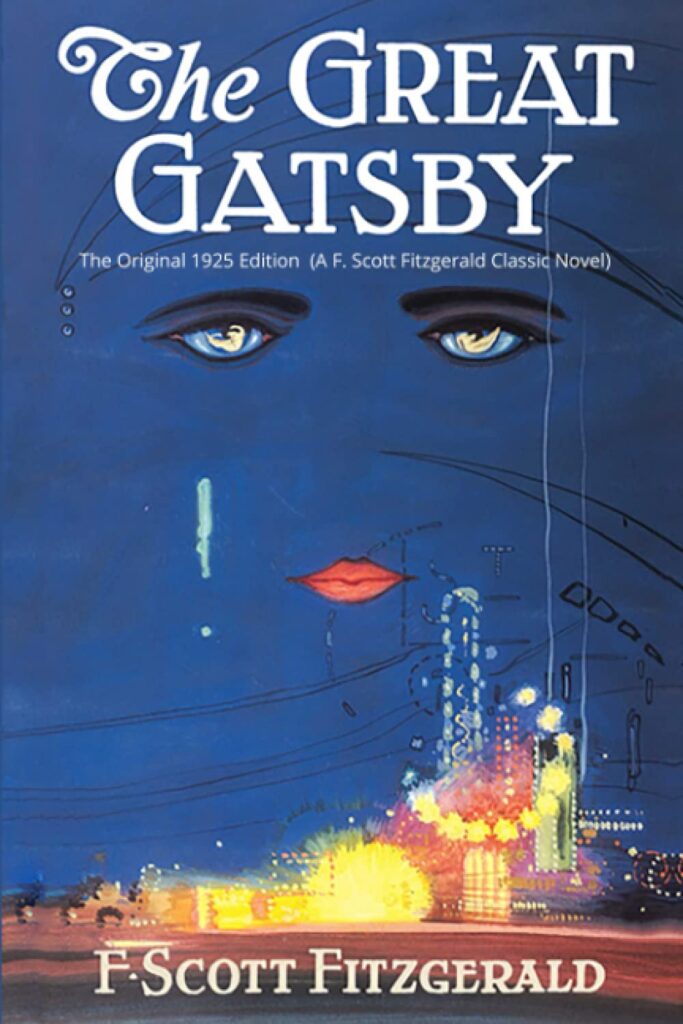
Themes: The American Dream, wealth, and corruption
Impact: Fitzgerald’s portrayal of the Jazz Age made me ponder the true meaning of success and the cost of chasing dreams.
In “The Great Gatsby,” we follow Nick Carraway as he becomes entangled in the opulent but hollow world of Jay Gatsby. This novel is a powerful critique of the American Dream and the pursuit of wealth at any cost. The tragic tale of Gatsby’s unrequited love and the emptiness of his lavish lifestyle offer a poignant reflection on the nature of ambition and fulfillment.
Epic Adventures and Human Struggles
5. Moby-Dick by Herman Melville
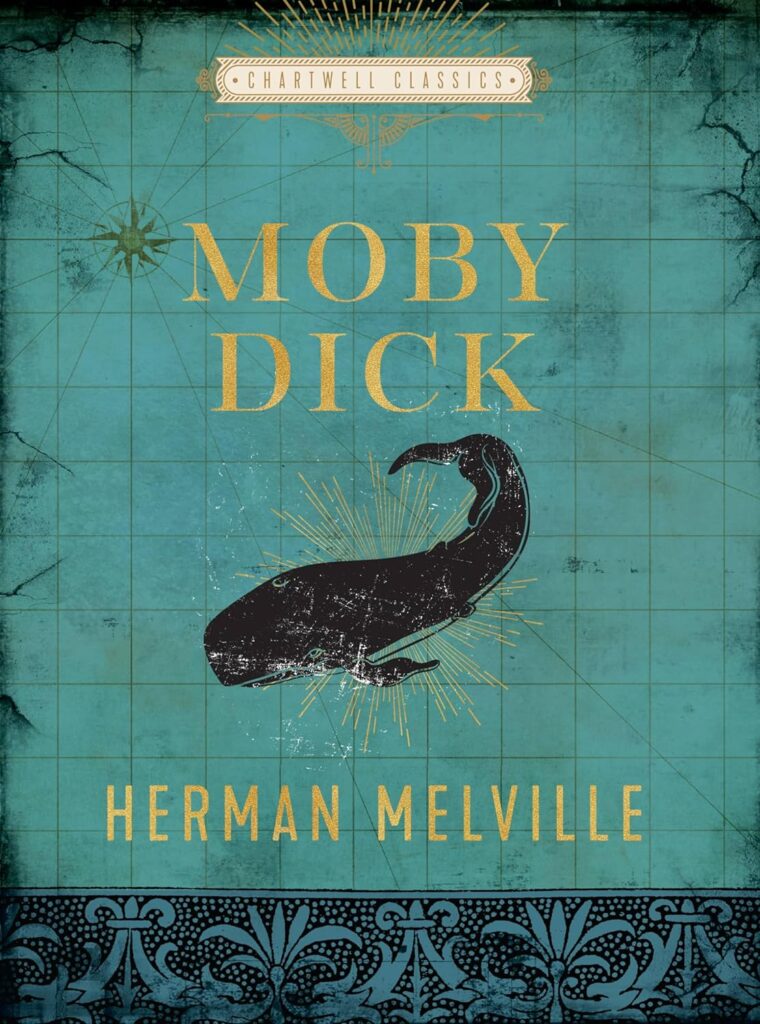
Themes: Obsession, revenge, and humanity’s struggle against nature
Impact: Ahab’s relentless pursuit of the white whale reminded me of the dangers of letting obsession consume one’s life.
“Moby-Dick” is more than a tale of a whaling expedition; it’s an epic exploration of human obsession and revenge. Captain Ahab’s quest to kill the great white whale, Moby Dick, becomes a metaphor for humanity’s struggle against the forces of nature and the destructive power of obsession. The novel’s rich symbolism and philosophical depth make it a timeless classic.
6. The Odyssey by Homer
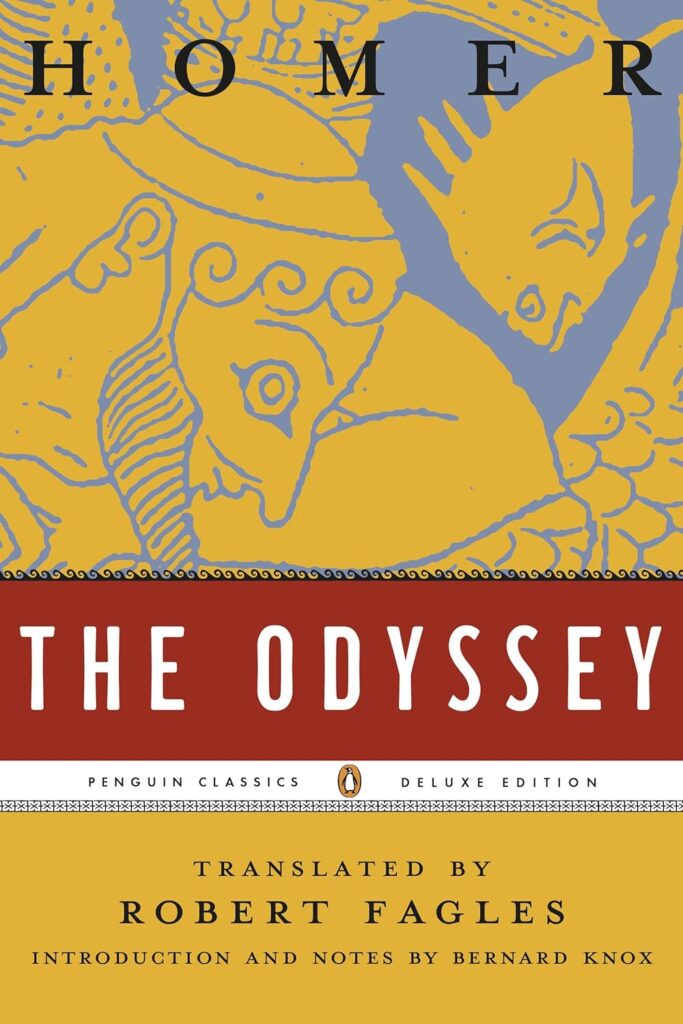
Themes: Heroism, adventure, and the struggle between fate and free will
Impact: Odysseus’s epic journey home inspired me to think about the importance of perseverance and the forces that shape our destinies.
“The Odyssey” is one of the oldest and most enduring stories of heroism and adventure. Odysseus’s ten-year journey home after the Trojan War is filled with trials and tribulations that test his cunning and resolve. This epic poem explores themes of fate, free will, and the human spirit’s resilience, making it a timeless tale of adventure and personal growth.
7. Brave New World by Aldous Huxley
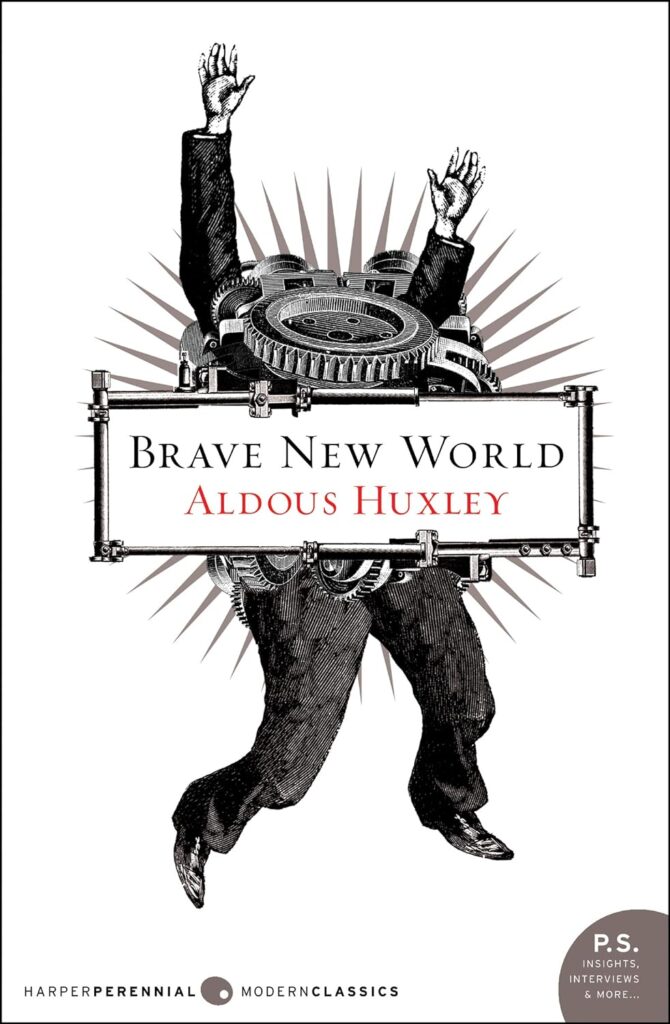
Themes: Technology, control, and individualism
Impact: Huxley’s vision of a technologically controlled society made me wary of the potential downsides of technological advancement.
In “Brave New World,” Huxley presents a future where technology controls every aspect of life, and individuality is suppressed. The novel’s portrayal of a society that sacrifices human values for technological convenience and stability serves as a cautionary tale about the potential dangers of technological advancement. It’s a thought-provoking read that challenges us to consider the balance between progress and humanity.
Psychological and Philosophical Explorations
8. Crime and Punishment by Fyodor Dostoevsky
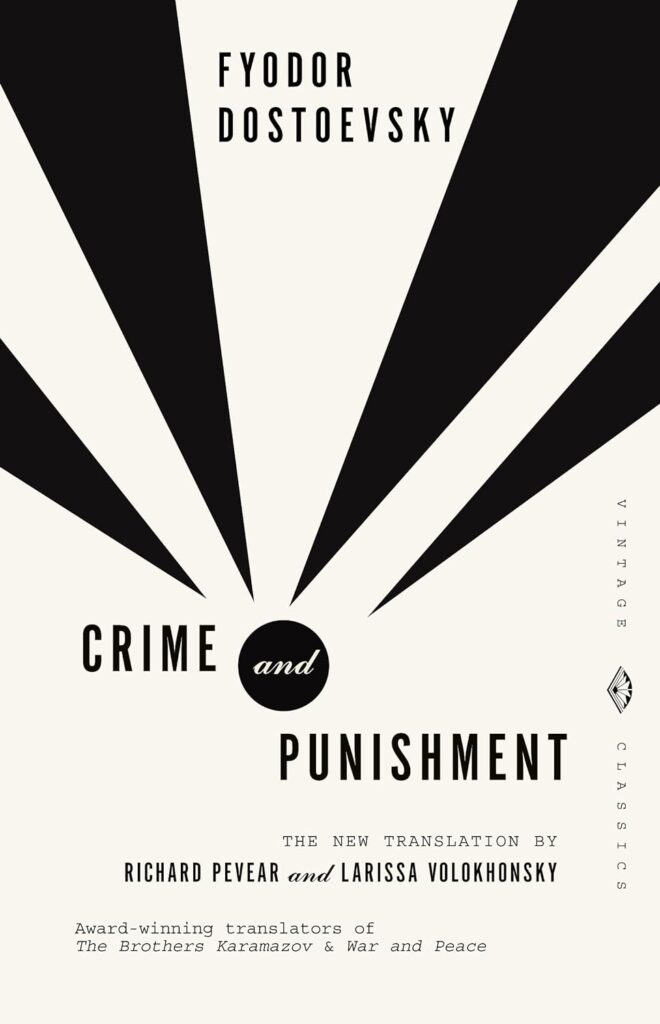
Themes: Guilt, redemption, and the nature of evil
Impact: Raskolnikov’s inner turmoil and quest for redemption made me reflect on the moral complexities of right and wrong.
“Crime and Punishment” delves into the mind of Rodion Raskolnikov, a young man who commits a murder and grapples with the guilt and consequences of his actions. Dostoevsky’s exploration of guilt, redemption, and the nature of evil provides a profound psychological and philosophical analysis of human nature. This novel challenges readers to ponder the boundaries of morality and justice.
9. The Brothers Karamazov by Fyodor Dostoevsky
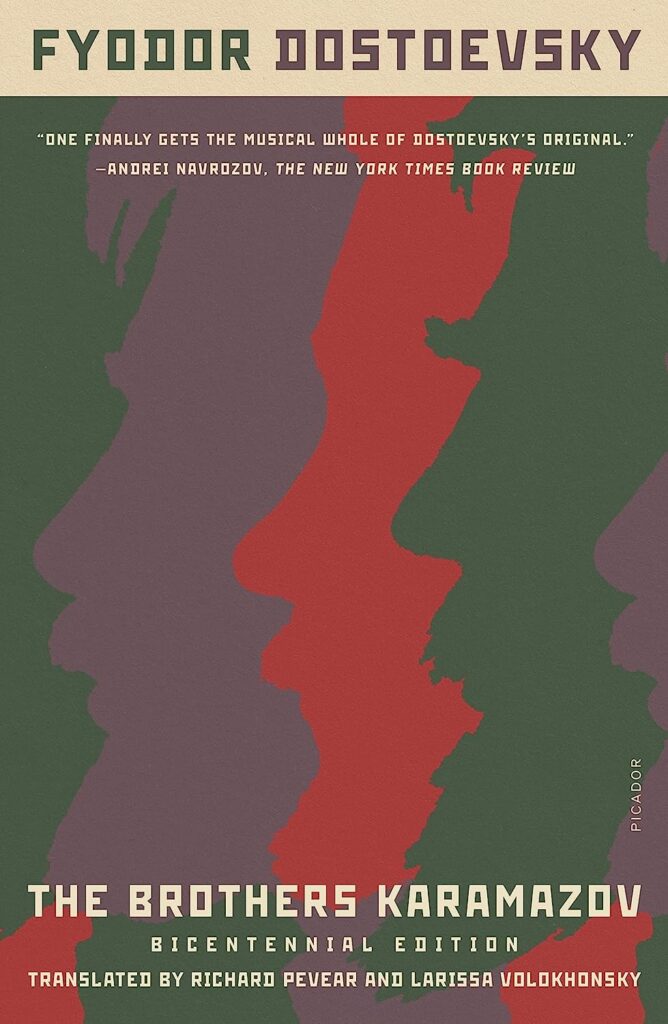
Themes: Faith, doubt, and the complexity of human nature
Impact: The philosophical debates and deep character studies in this book made me think deeply about the nature of faith and doubt.
In “The Brothers Karamazov,” Dostoevsky presents a complex narrative centered around the Karamazov family and the murder of their father. The novel explores themes of faith, doubt, and the complexities of human nature through its richly drawn characters and philosophical dialogues. It’s a profound and thought-provoking read that tackles some of life’s most fundamental questions.
10. Frankenstein by Mary Shelley
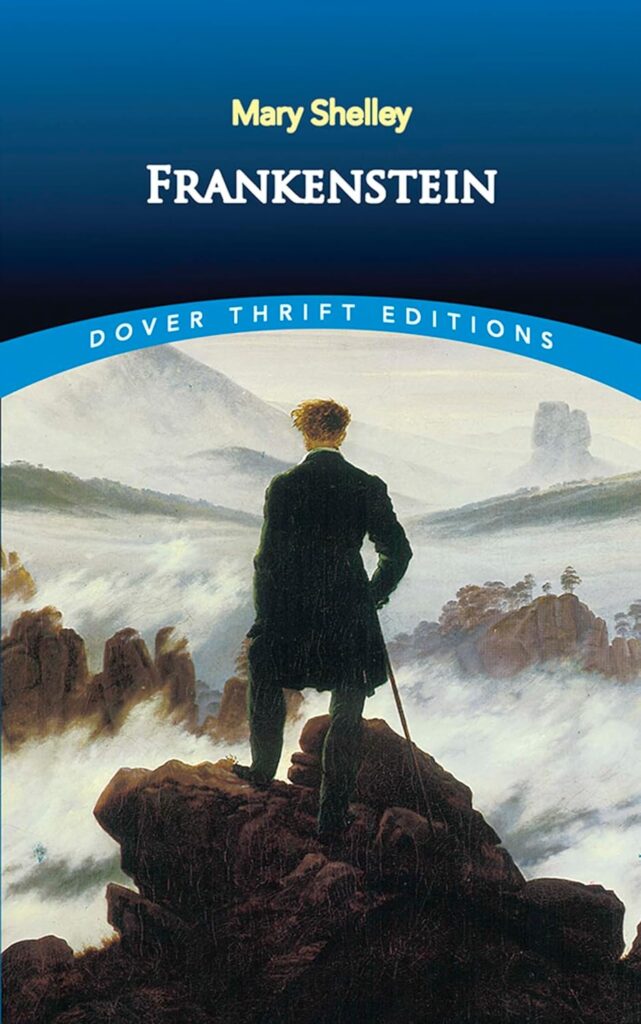
Themes: Creation, responsibility, and the dangers of unchecked ambition
Impact: Shelley’s cautionary tale about the consequences of playing God made me reconsider the ethical implications of scientific progress.
“Frankenstein” tells the story of Victor Frankenstein, a scientist who creates a living being from dead matter, only to be horrified by his creation. Mary Shelley’s novel raises important questions about the responsibilities of creators and the ethical boundaries of scientific exploration. The themes of ambition, creation, and the consequences of overreaching one’s limits make this a timeless and relevant story.
Timeless Tales of Love and Loss
11. Jane Eyre by Charlotte Brontë
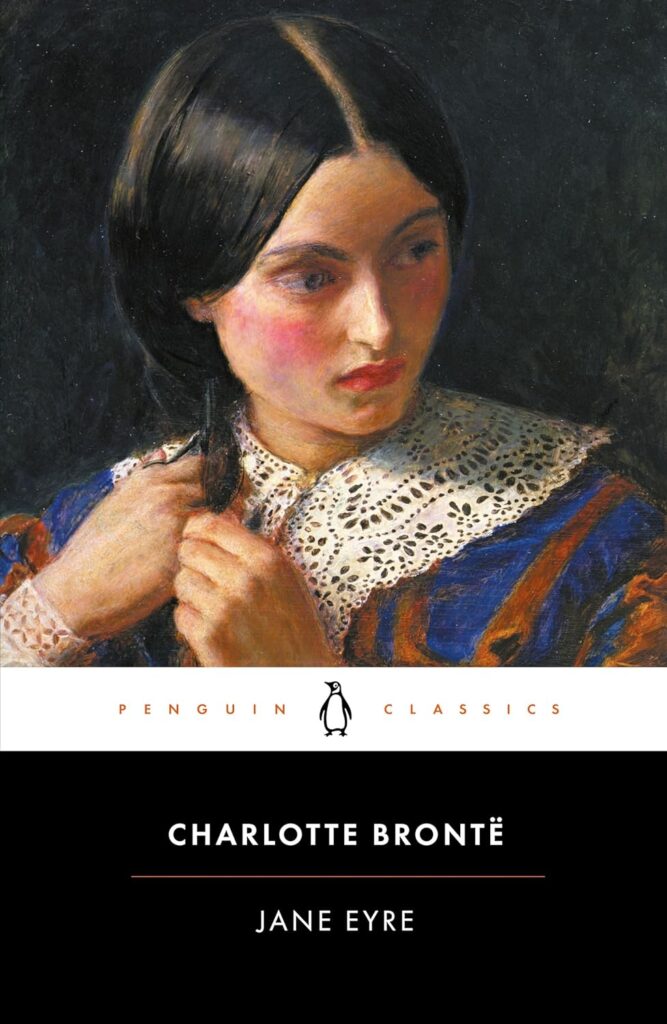
Themes: Love, independence, and social criticism
Impact: Jane’s journey to find love and independence inspired me to value self-respect and personal growth.
“Jane Eyre” is a deeply personal and emotional story of a young woman’s quest for love and independence. Jane’s strength and resilience in the face of adversity, along with her refusal to compromise her principles, make her a timeless and inspiring character. The novel’s themes of love, independence, and social criticism resonate with readers of all ages.
12. Wuthering Heights by Emily Brontë
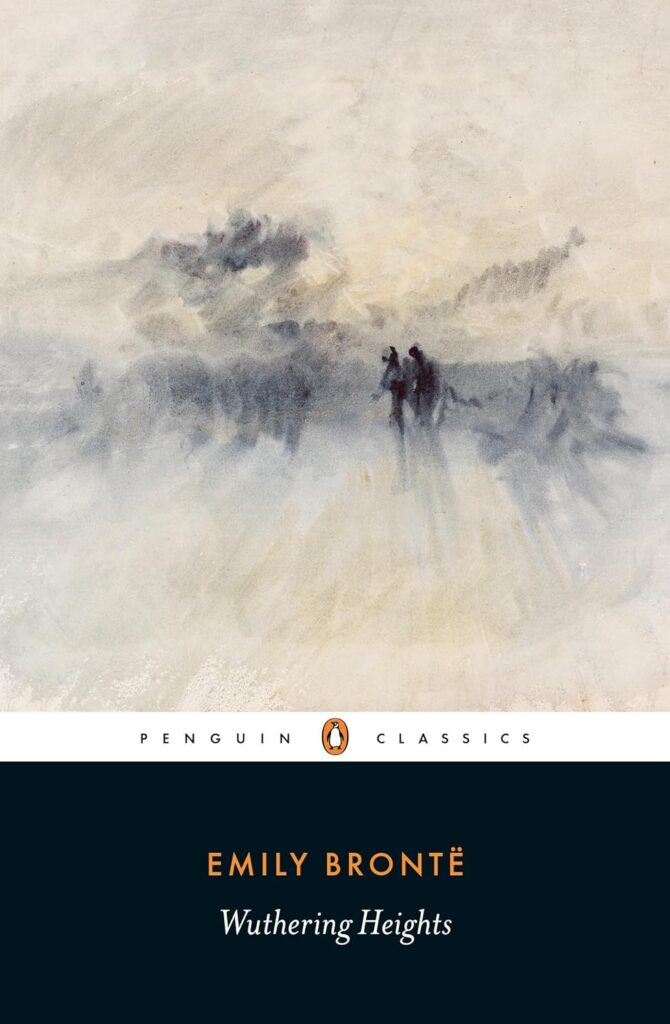
Themes: Love, revenge, and the destructive nature of passion
Impact: The intense and tragic love story between Heathcliff and Catherine made me reflect on the power and consequences of passionate love.
“Wuthering Heights” is a haunting tale of love and revenge set on the desolate moors of England. The intense and destructive relationship between Heathcliff and Catherine Earnshaw is both captivating and tragic. Emily Brontë’s novel explores the darker side of love and the devastating effects of unchecked passion, making it a timeless exploration of human emotions.
13. Anna Karenina by Leo Tolstoy
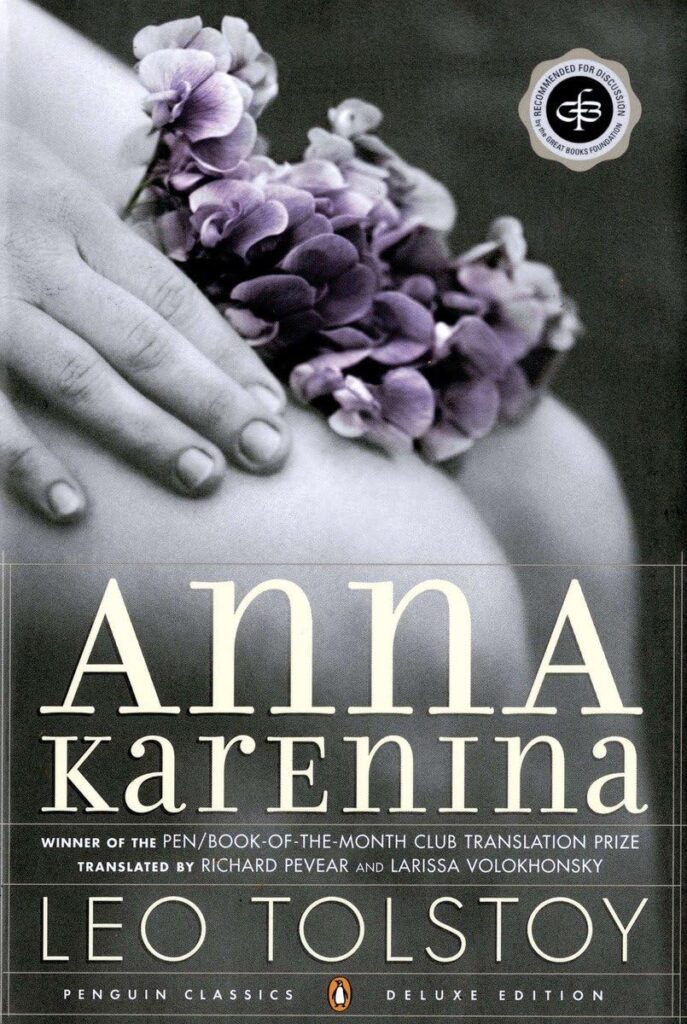
Themes: Love, betrayal, and the conflict between personal desire and social duty
Impact: Anna’s tragic story made me think about the sacrifices we make for love and the societal pressures that shape our decisions.
“Anna Karenina” is a sweeping tale of love and betrayal set against the backdrop of Russian society. Anna’s passionate affair with Count Vronsky leads to her social ostracism and eventual downfall. Tolstoy’s exploration of the conflict between personal desire and social duty, as well as the consequences of betrayal, offers a profound and timeless look at human relationships.
Stories Reflecting Social Justice and Human Rights
14. Les Misérables by Victor Hugo
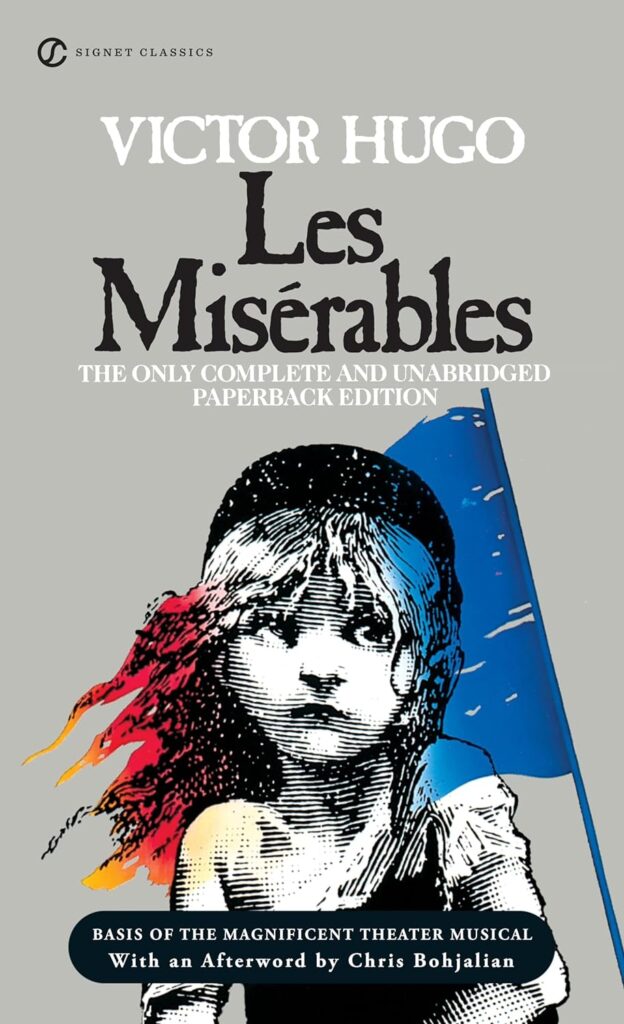
Themes: Justice, mercy, and the impact of social injustice
Impact: The struggles of Jean Valjean and other characters made me empathize with the plight of the oppressed and the importance of compassion.
“Les Misérables” is an epic tale of redemption, justice, and social injustice. The story follows Jean Valjean, a former convict who seeks redemption while being relentlessly pursued by the rigid Inspector Javert. Hugo’s portrayal of the struggles of the poor and the marginalized, along with the themes of mercy and justice, makes this a powerful and timeless story.
15. Beloved by Toni Morrison
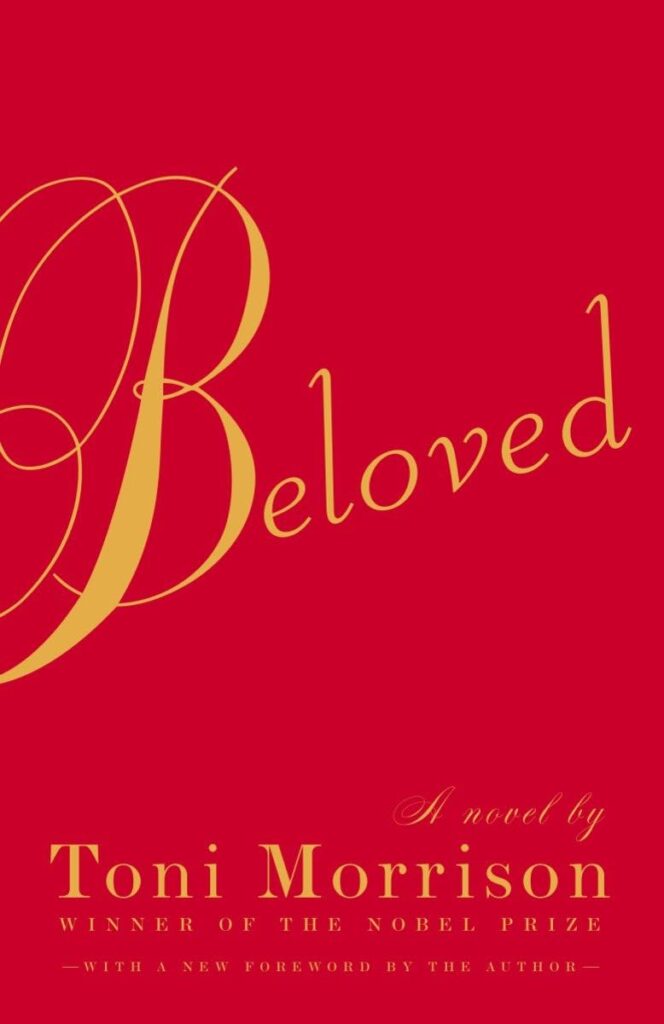
Themes: Slavery, memory, and the haunting past
Impact: Morrison’s poignant narrative about the legacy of slavery made me confront the painful history of racial injustice and the power of memory.
“Beloved” is a deeply moving and haunting novel about the legacy of slavery and the power of memory. The story follows Sethe, an escaped slave who is haunted by the ghost of her dead daughter. Morrison’s exploration of the traumatic impact of slavery and the struggle to move forward from a painful past is both powerful and poignant, making it a timeless and essential read.
16. One Hundred Years of Solitude by Gabriel García Márquez
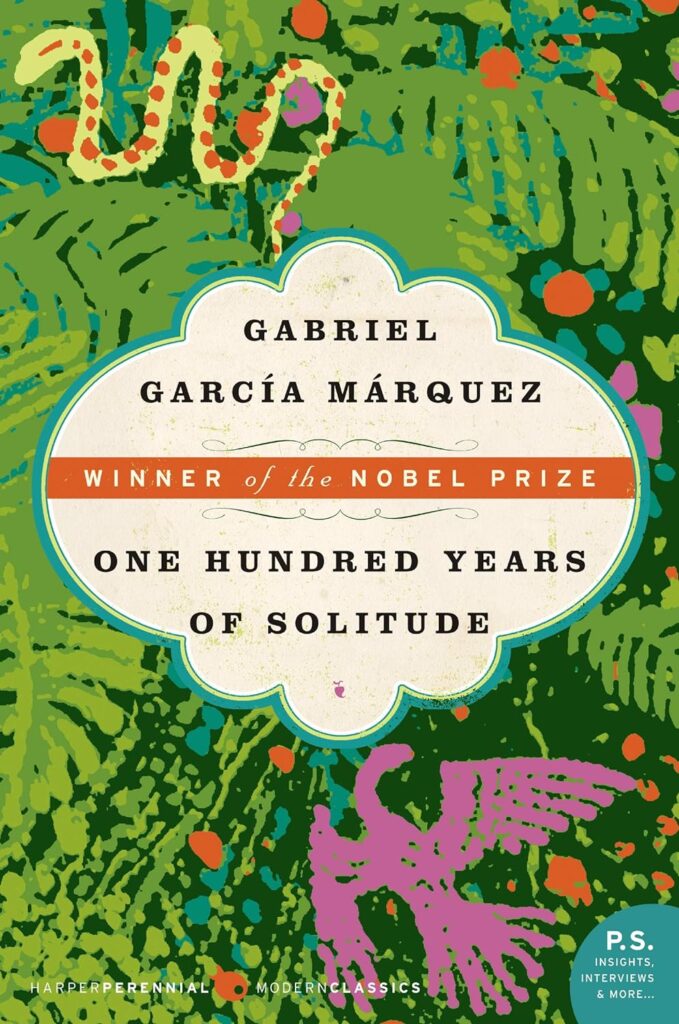
Themes: Family, fate, and the cyclical nature of history
Impact: The magical realism and rich storytelling made me appreciate the complexity of family dynamics and the inevitability of history.
“One Hundred Years of Solitude” is a masterful tale of the Buendía family and their town, Macondo. Through magical realism, García Márquez explores themes of family, fate, and the cyclical nature of history. The novel’s rich, multi-generational narrative and its reflection on the inevitability of history make it a timeless and captivating read.
Modern Classics and Their Enduring Messages
17. The Catcher in the Rye by J.D. Salinger
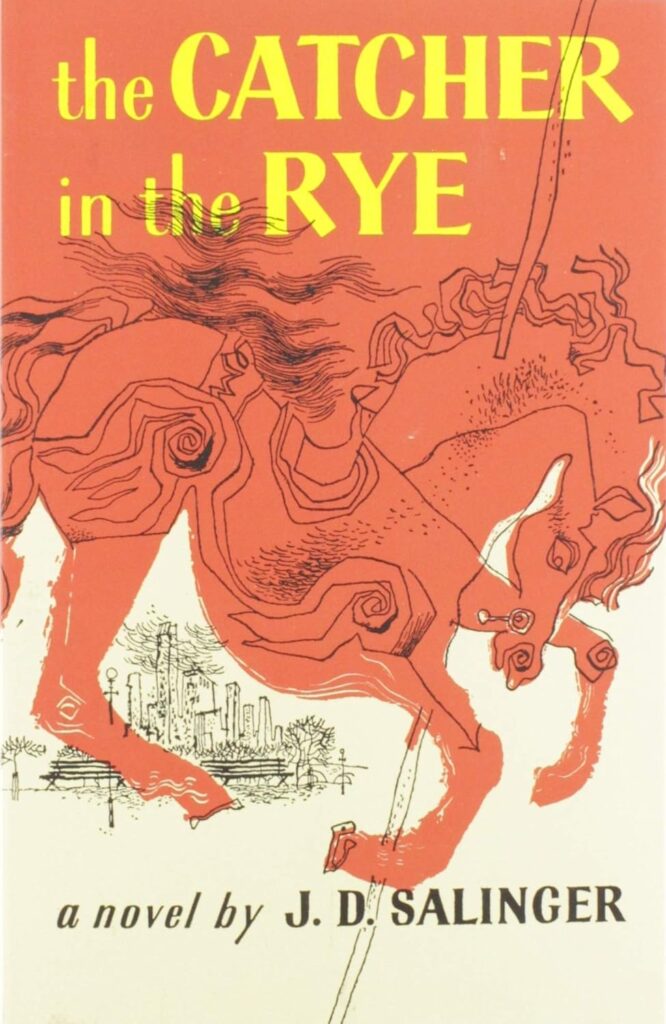
Themes: Alienation, identity, and coming of age
Impact: Holden Caulfield’s struggle to find his place in the world resonated with me during my own teenage years and beyond.
“The Catcher in the Rye” is a poignant and often controversial exploration of teenage angst and alienation. The novel follows Holden Caulfield as he navigates the complexities of adolescence and struggles to find his place in the world. Salinger’s portrayal of Holden’s inner turmoil and quest for identity resonates with readers of all ages, making it a timeless coming-of-age story.
18. The Alchemist by Paulo Coelho
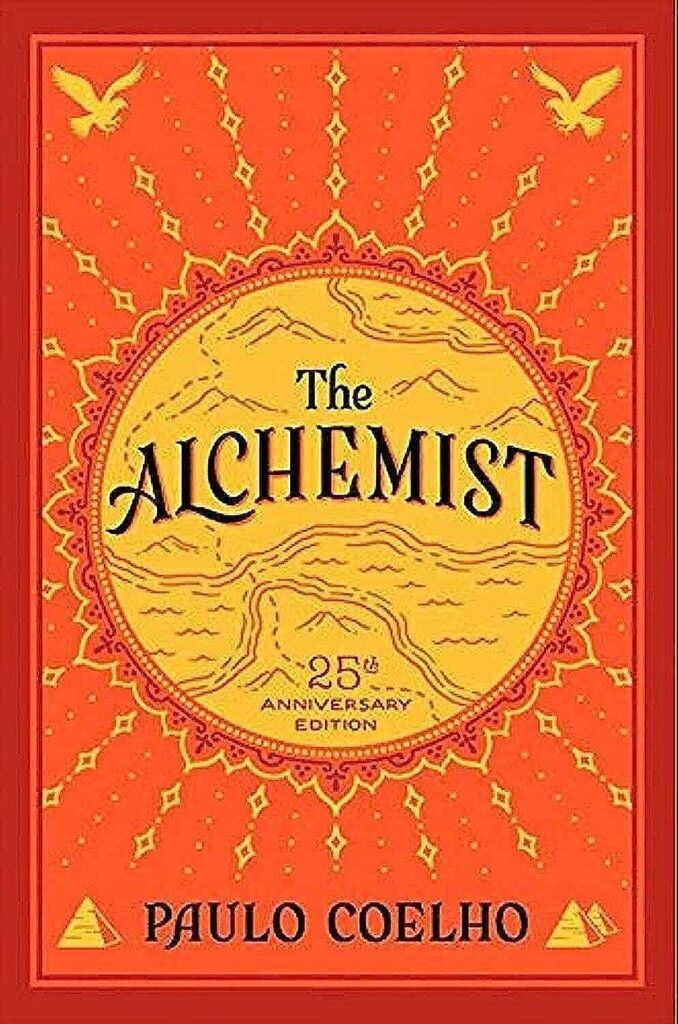
Themes: Destiny, personal legend, and the journey of self-discovery
Impact: Santiago’s quest to find his personal legend inspired me to pursue my own dreams and listen to my heart.
“The Alchemist” is an inspirational tale about following one’s dreams and listening to one’s heart. The story follows Santiago, a shepherd boy who embarks on a journey to find his personal legend. Coelho’s exploration of destiny, personal growth, and the importance of pursuing one’s dreams has resonated with millions of readers around the world, making it a timeless and uplifting read.
19. The Road by Cormac McCarthy
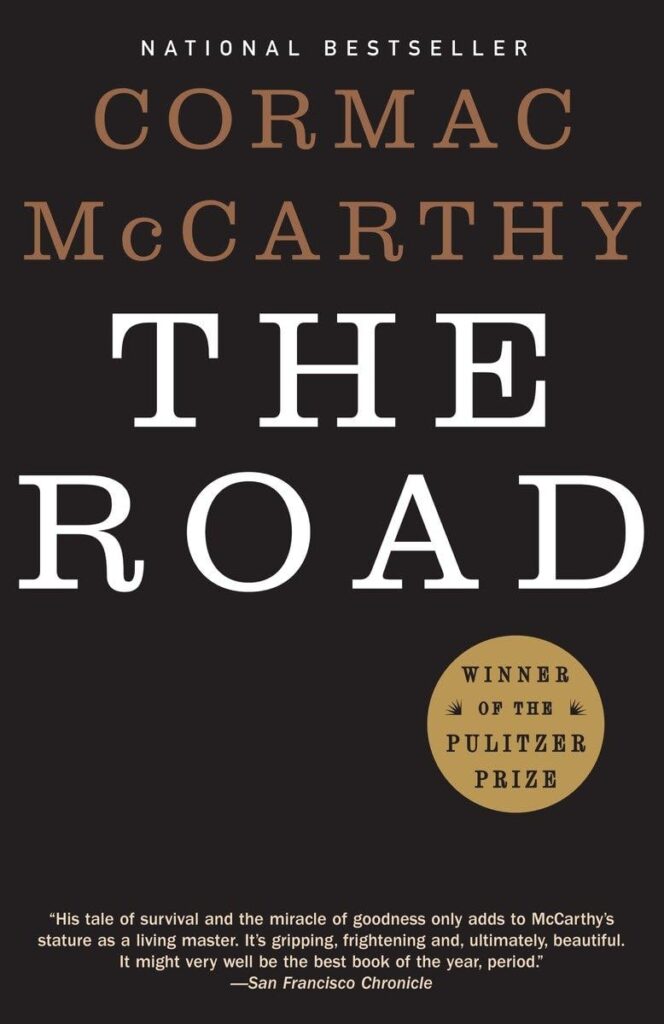
Themes: Survival, love, and the human spirit in the face of desolation
Impact: The stark and haunting journey of a father and son through a post-apocalyptic world reminded me of the enduring power of love and hope.
“The Road” is a stark and haunting tale of survival in a post-apocalyptic world. The novel follows a father and son as they journey through a desolate landscape, facing unimaginable hardships. McCarthy’s exploration of love, hope, and the resilience of the human spirit in the face of desolation is both powerful and deeply moving, making it a timeless and thought-provoking read.
20. The Handmaid’s Tale by Margaret Atwood
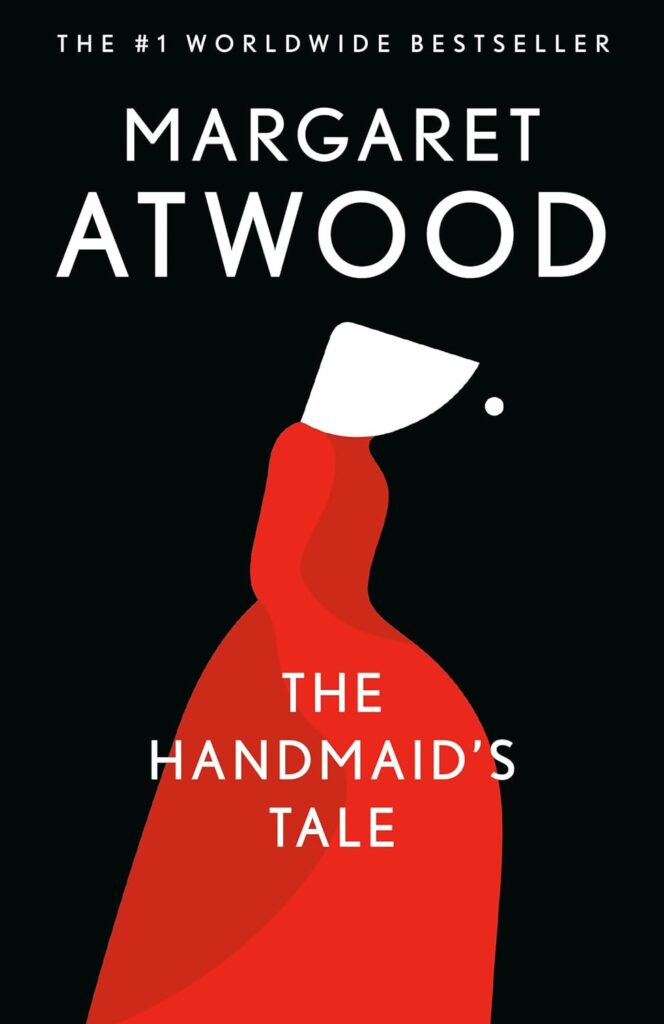
Themes: Oppression, resistance, and the fight for freedom
Impact: Atwood’s dystopian vision of a society stripped of women’s rights made me reflect on the importance of fighting for gender equality.
“The Handmaid’s Tale” is a chilling and powerful exploration of oppression and resistance. Set in a dystopian future where women’s rights have been stripped away, the novel follows Offred, a woman forced into reproductive servitude. Atwood’s exploration of themes of oppression, resistance, and the fight for freedom is both timely and timeless, making it an essential and thought-provoking read.
Conclusion
Reading these 20 books with timeless themes has profoundly impacted my life, offering new perspectives, deep reflections, and emotional connections. Each story, with its unique themes and lessons, continues to resonate with readers across generations. Whether you’re 18 or 55, these books have the power to change your life forever.
Additional Resources
- Recommended Reading Lists: Check out similar book lists and recommendations to expand your reading journey.
- Discussion Questions: Ponder or discuss these questions with a book club or reading group to deepen your understanding.
- Author Spotlights: Discover more about the authors and their other notable works.
So, grab a cup of tea, find a cozy spot, and dive into these timeless tales. Happy reading!
